Introduction
Bad breath in dogs, also known as halitosis, can be a major concern for dog parents. Not only is it unpleasant, but it can also be a sign of underlying health issues. If you’ve noticed your dog’s breath could knock over a statue, don’t worry! There are many ways to treat and prevent bad breath, ensuring your furry friend’s mouth stays fresh and healthy.
Understanding the Causes of Bad Breath in Dogs
Bad breath in dogs can stem from several sources. Most commonly, it’s due to poor dental hygiene, but there are other potential causes to consider.
Common Causes
Poor dental hygiene often leads to plaque and tartar build-up, which can cause a foul odor. Bacteria accumulation in the mouth is another frequent culprit.
Health-Related Issues
Sometimes, bad breath can be a symptom of health problems like kidney disease, liver disease, or diabetes. If your dog's bad breath is persistent and accompanied by other symptoms, a vet visit is a must.
Diet-Related Causes
What your dog eats can significantly affect their breath. Diets high in fish or other strong-smelling ingredients can lead to bad breath. Additionally, dogs that frequently scavenge or eat garbage are more likely to have bad breath.
Identifying Bad Breath in Dogs

Signs and Symptoms
Aside from the obvious foul smell, watch for signs such as excessive drooling, pawing at the mouth, or a reluctance to eat. These can indicate dental problems that need attention.
When to Worry
If your dog’s bad breath is persistent and particularly foul, it could be a sign of a more serious condition. Seek veterinary advice if you notice other symptoms like vomiting, loss of appetite, or behavioral changes.
The Importance of Regular Vet Check-ups
Routine Dental Checks
Just like humans, dogs benefit from regular dental check-ups. Your vet can clean your dog's teeth and check for any underlying issues that might be causing bad breath.
Other Health Check-Ups
Regular health check-ups can catch other potential causes of bad breath, such as kidney or liver disease, before they become serious problems.
Effective Home Remedies for Treating Bad Breath
Brushing Your Dog’s Teeth
How Often to Brush
Ideally, you should brush your dog’s teeth daily. If that’s not possible, aim for at least 3-4 times a week.
Choosing the Right Toothpaste
Never use human toothpaste on your dog. Dog-specific toothpaste is safe for pets and often comes in flavors they enjoy, like poultry or peanut butter.
Using Dental Chews and Toys
Dental chews and toys are a great way to help keep your dog’s teeth clean. They can reduce plaque and tartar build-up, contributing to fresher breath.
Homemade Dog Treats for Fresh Breath
Some homemade treats can help freshen your dog’s breath. Ingredients like parsley, mint, and coconut oil are natural breath fresheners.
The Role of Diet in Preventing Bad Breath Choosing the Right Food
Choosing the Right Food
High-quality dog food designed for dental health can help prevent bad breath. Look for foods that are specifically formulated to reduce plaque and tartar.
Foods to Avoid
Avoid feeding your dog foods that can contribute to bad breath, like table scraps, especially those high in sugar or fat.
Incorporating Dental Health Supplements
Supplements like dental powders or water additives can help maintain your dog’s oral health and freshen their breath.
Professional Dental Cleaning for Dogs
What to Expect
A professional dental cleaning involves a thorough cleaning of your dog’s teeth under anesthesia. This allows the vet to clean below the gumline and check for any dental issues.
Frequency and Costs
Most vets recommend professional dental cleaning once a year, but this can vary depending on your dog’s needs. Costs can vary widely, so it's a good idea to discuss this with your vet.
Natural Remedies for Freshening Dog Breath

Herbs and Spices
Herbs like parsley and mint can be added to your dog’s diet to help freshen their breath naturally.
Natural Oils
Coconut oil is a popular choice for freshening dog breath. You can add a small amount to their food or let them lick it off a spoon.
Creating a Dental Hygiene Routine
Daily Routines
Daily brushing and providing dental chews can significantly improve your dog’s breath.
Weekly and Monthly Routines
Weekly mouth inspections and monthly professional cleanings can help keep your dog's mouth healthy and fresh.
Preventing Future Bad Breath
Consistent Care Practices
Maintaining a regular dental care routine is key to preventing bad breath. This includes brushing, dental chews, and regular vet check-ups.
Monitoring Your Dog’s Health
Keep an eye on your dog’s overall health. Any changes in their breath could indicate an underlying health issue.
When to Seek Professional Help
Signs of Serious Dental Issues
If your dog shows signs of serious dental issues, such as loose teeth, excessive drooling, or visible tartar build-up, it's time to see the vet.
Finding the Right Vet
Look for a vet who specializes in dental care. They can provide the best advice and treatment options for your dog.
Conclusion
Bad breath in dogs is a common issue, but with the right care and attention, it’s manageable. Regular dental care, a healthy diet, and professional check-ups can keep your dog's breath fresh and their mouth healthy. Remember, a healthy mouth contributes to a healthy dog, and that means more happy moments for you and your furry friend.
FAQs
Can bad breath in dogs be a sign of illness?
Yes, persistent bad breath can be a sign of underlying health issues such as kidney or liver disease, or diabetes. Always consult your vet if you're concerned.
How often should I brush my dog's teeth?
Ideally, you should brush your dog's teeth daily. If that’s not possible, aim for at least 3-4 times a week to maintain good oral hygiene.
What are the best dental chews for dogs?
Look for dental chews that are VOHC (Veterinary Oral Health Council) approved. These are specifically designed to reduce plaque and tartar build-up.
Are there any foods that help freshen a dog's breath?
Yes, some foods and treats are designed to help freshen breath. Ingredients like parsley, mint, and specially formulated dental diets can help.
When should I be concerned about my dog’s bad breath?
If your dog's bad breath is persistent, particularly foul, or accompanied by other symptoms like vomiting or loss of appetite, it's time to consult your vet.


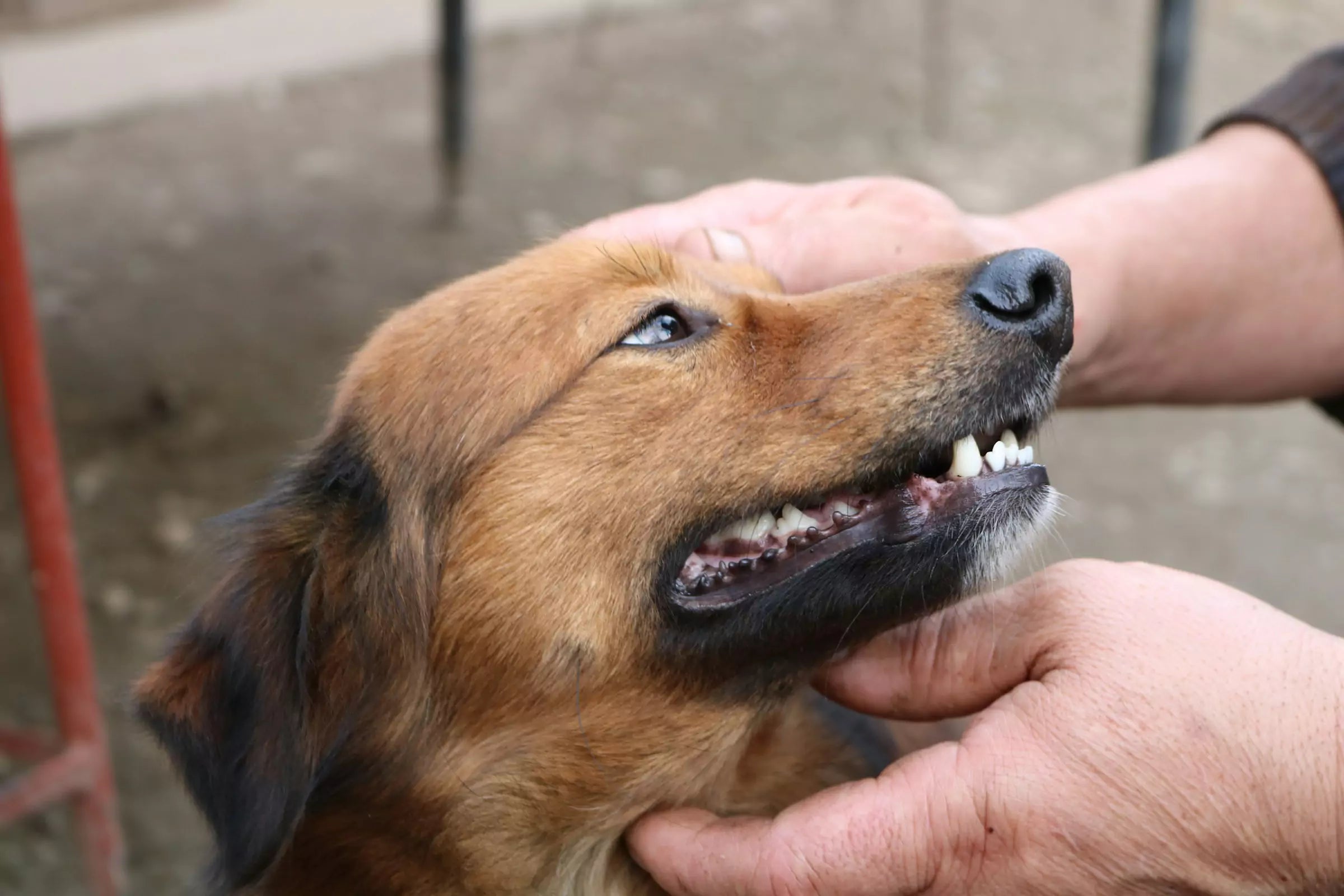
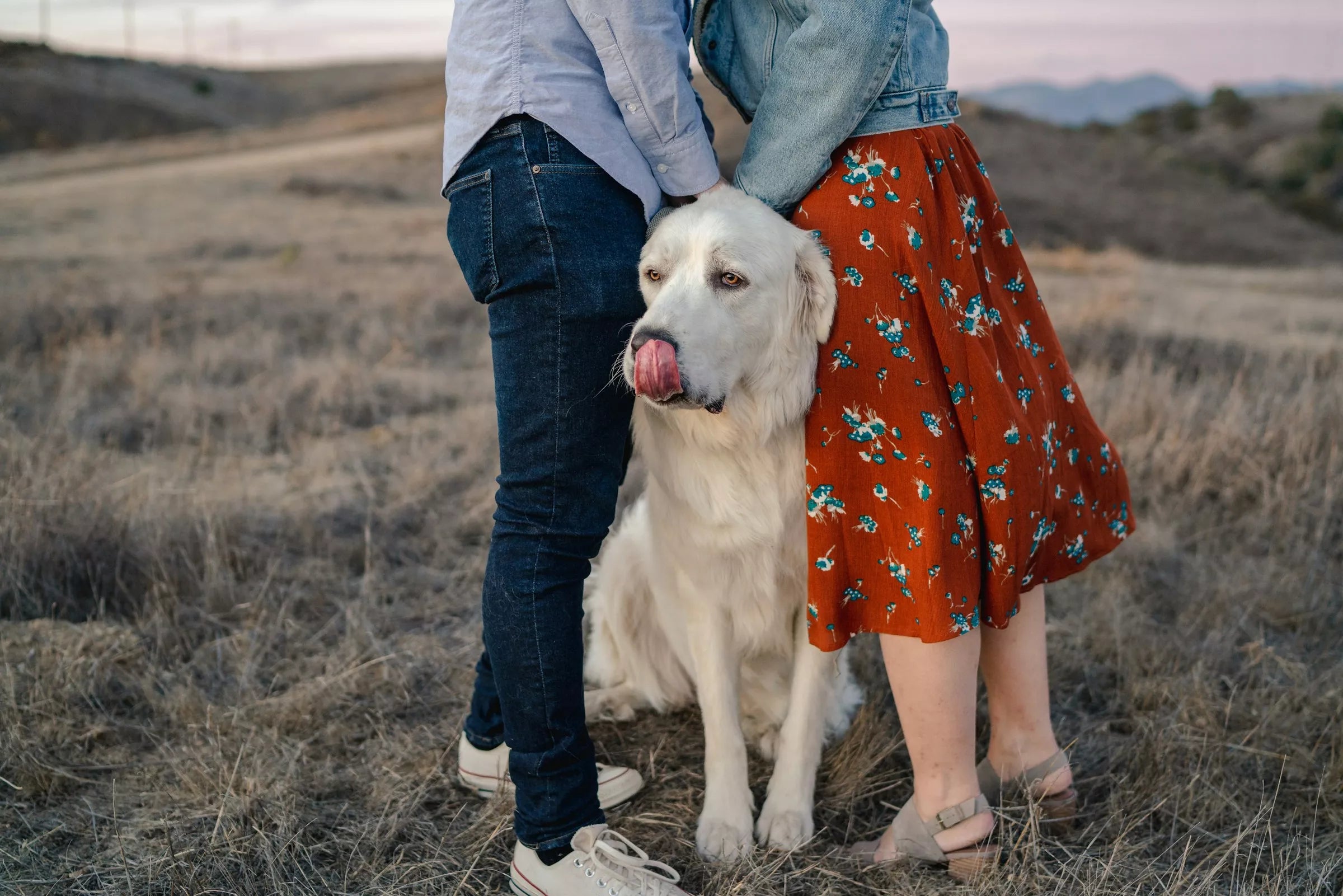
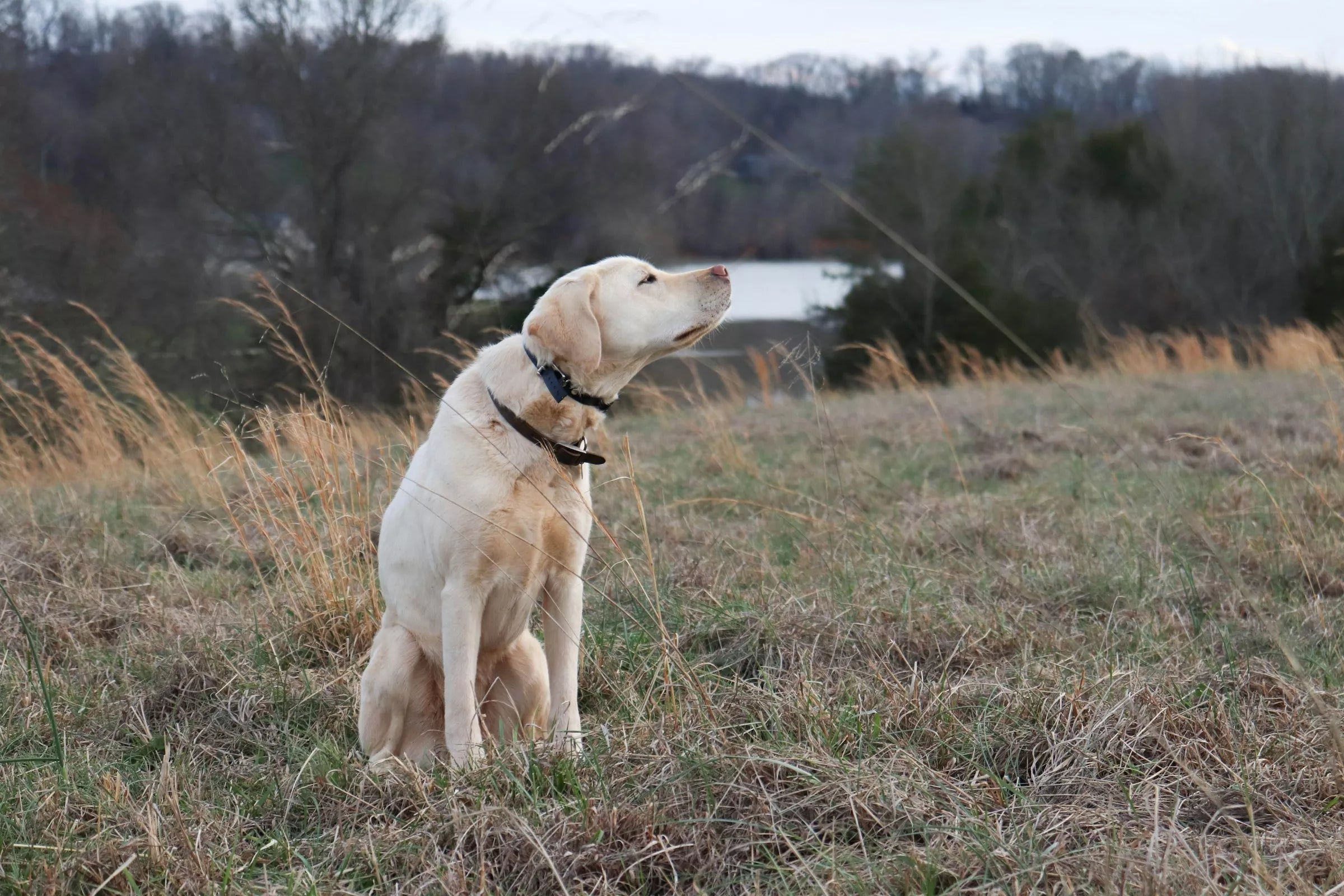

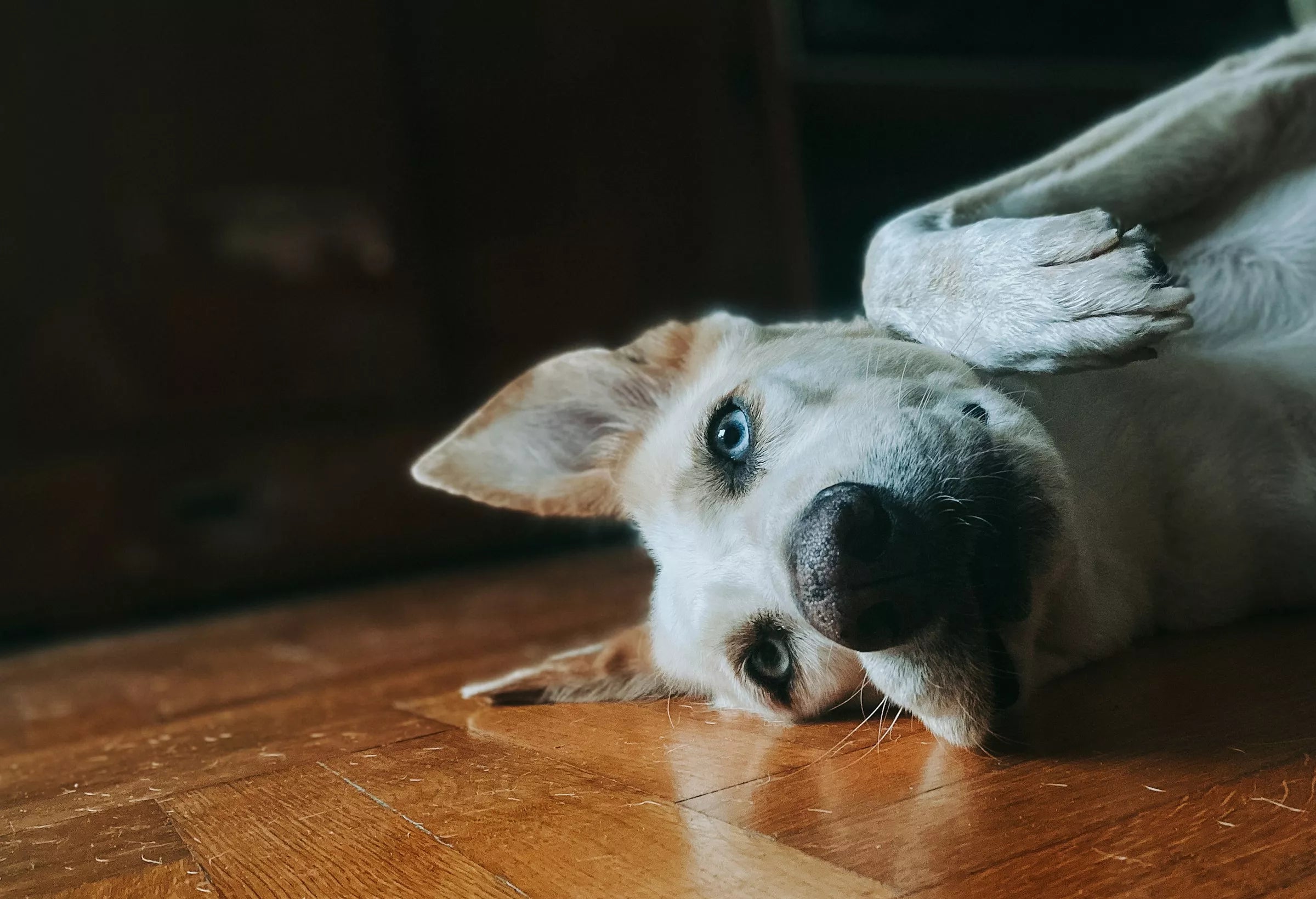
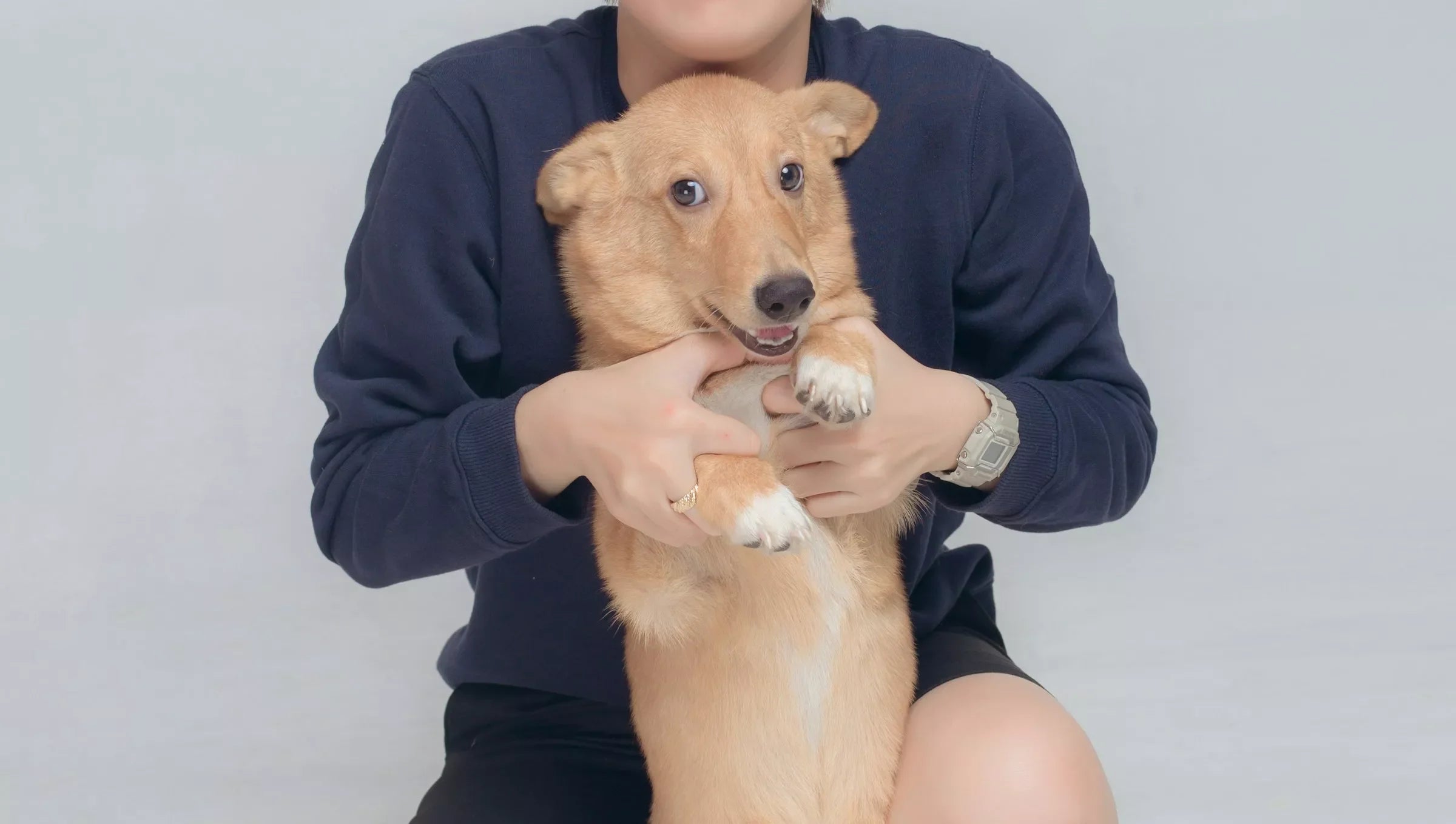
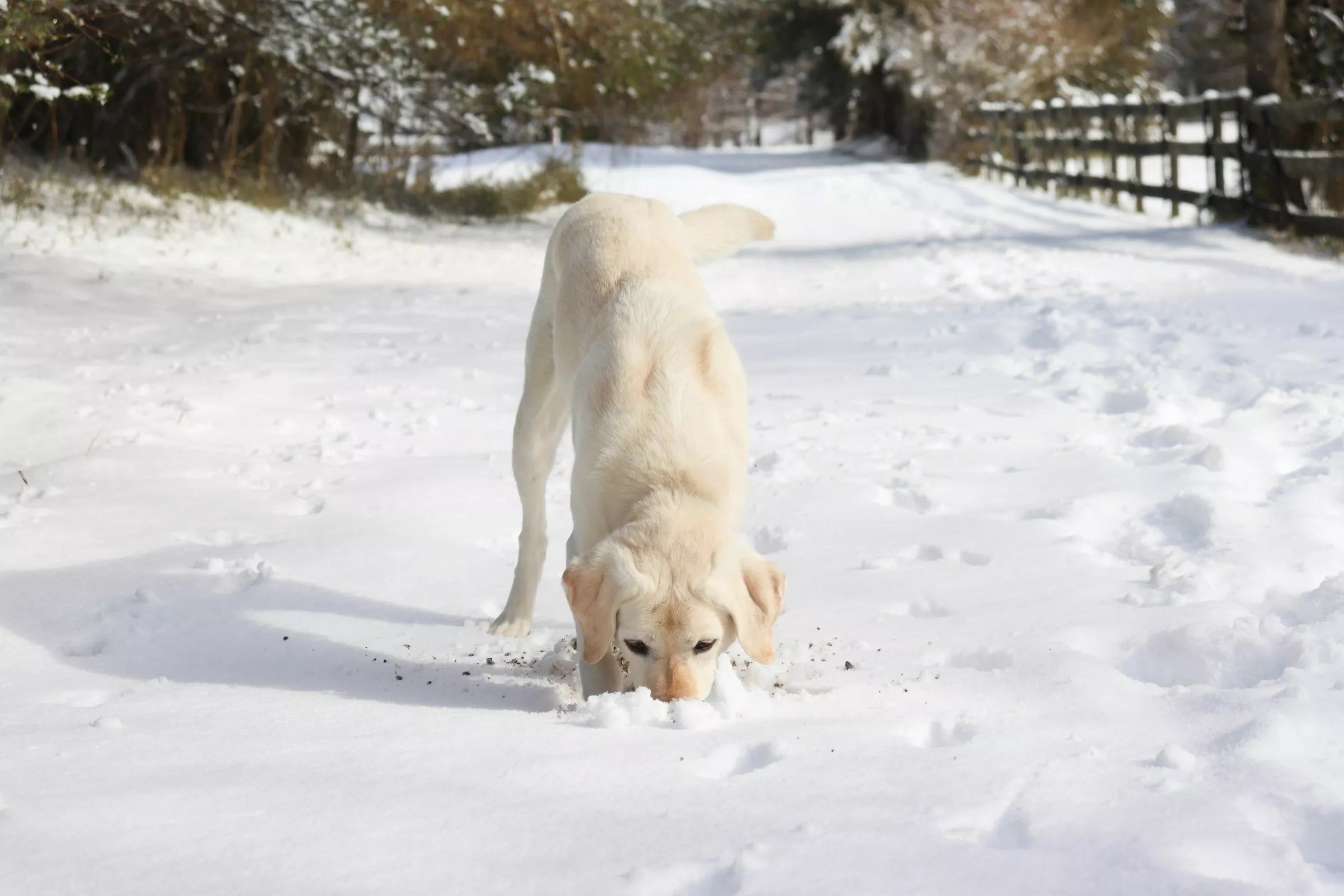






Share:
Are Dog Parks Good For Dogs?
Should Dogs with Arthritis Exercise?